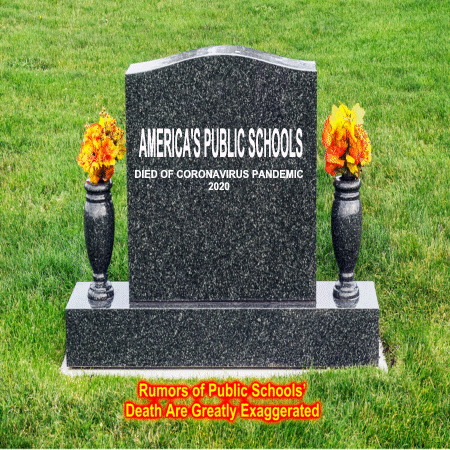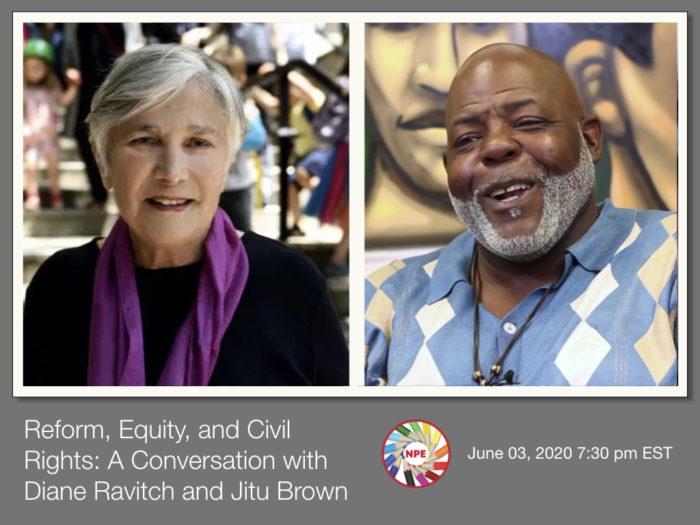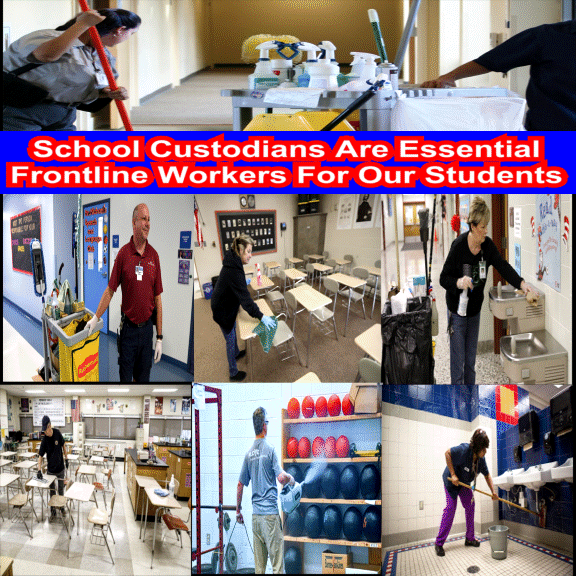
Coming Back to Breath

Yesterday while I was still reeling from the fact that George Floyd, yet another loved one , has been taken by an act of police cruelty, my soul brother Eric Darnell Pritchard began sharing this poem as a resource. I wrote this poem in 2014 and first shared it at the BOLD national gathering as part of a Black Feminist Breathing activity to center us and bring us back to our breathing in the aftermath of our collective witnessing of a police officer choking Eric Garner to death while he cried out for help. I don’t want us to need this ceremony anymore, but we still do. This is a poem to bring you back to your breathing, to remind us all of the sacredness of breathing. I recommend listening to the audio version and breathing along at the stanza breaks. Your breathing is sacred. Our breathing is sacred. I love you.– Alexis Pauline Gumbs
The unbearable grief of Black mothers
“Black mothers require these healing resources because of the pre-existing disparities in access to both physical and mental health resources, coupled with the added pressures of round-the-clock caregiving, financial uncertainty, school closures, and social isolation that is uniquely impacting Black mothers,” – Trina Greene Brown
Please read this important piece by A. Rochaun Meadows-Fernandez #freeblackmotherhood

SHARE THIS: The unbearable grief of Black mothers – Parenting for Liberation - https://wp.me/p7fXox-1CA on @wordpressdotcom















